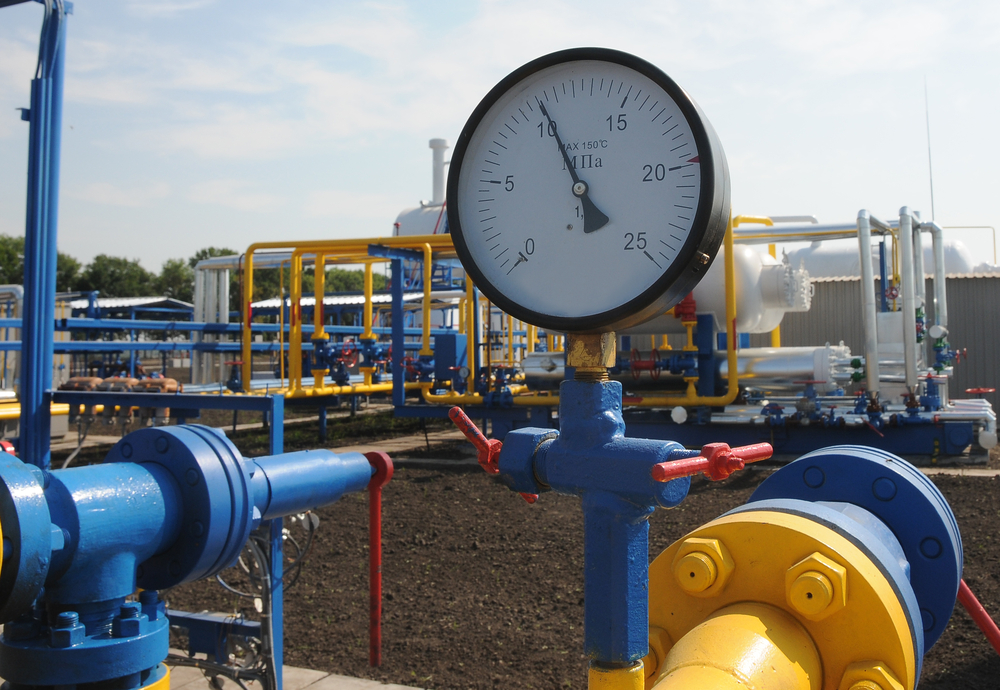With infrastructure in ruins and winter ahead, Ukraine finds gas power where Russia once ruled

Amid Russian missile strikes and a gas war, Ukraine has taken its first step toward strategic energy retaliation. Ukraine’s national energy company Naftogaz has announced it has signed its first agreement for the supply of Azerbaijani gas with the state-owned company SOCAR.
Ukrainian-Azerbaijani relations significantly improved in 2024–2025 following a series of aggressive actions by Russia. In December 2024, Russian forces shot down an Azerbaijani aircraft near Grozny, killing 38 passengers. Shortly afterward, Russia launched raids on its territory, resulting in the deaths of two Azerbaijani citizens. In response, Baku began openly strengthening ties with Kyiv. During the Soviet era, Armenia, Azerbaijan, and Georgia were under Moscow’s control and subjected to centralized governance.
Transit via the Balkans
The first gas test delivery was carried out through the Trans-Balkan corridor, which runs from the Bulgarian—Romanian—Ukrainian border.
“This is a small-volume but strategically important step that paves the way for long-term cooperation. It’s also another example of diversifying supply sources and strengthening Ukraine’s energy security,” says Serhiy Koretskyi, CEO of Naftogaz.
Imports to replace war-damaged supplies
Due to Russian strikes on gas infrastructure, Ukraine is forced this year to import a significant volume of gas from Europe. According to former Energy Minister Herman Halushchenko, at least 4.6 billion cubic meters of imported gas must be injected into underground storage facilities. As of June, 2.9 billion cubic meters had already been contracted.
A new route through Greece, Bulgaria, Romania, and Moldova was launched in May, opening another window of opportunity for Ukraine.
A regional energy heavyweight
SOCAR operates actively in Türkiye, Romania, Georgia, Switzerland, and Ukraine, where its subsidiary SOCAR Energy Ukraine runs one of the country’s largest premium gas station networks.
The company is involved in strategic projects supplying Caspian gas to Europe, particularly via the TANAP and TAP pipelines.
Read also
-
“Most valuable thing we have”: Ukrainian journalist gifts military chevrons to Azerbaijan president Aliyev
-
Ukraine’s Intelligence: Moscow accelerates its troop buildup in Armenia as tensions with Azerbaijan rise
-
Editor and director of Sputnik Azerbaijan detained in police raid as suspected Russian spies
-
As Russian troops leave Armenia, Moscow’s revenge playbook emerges